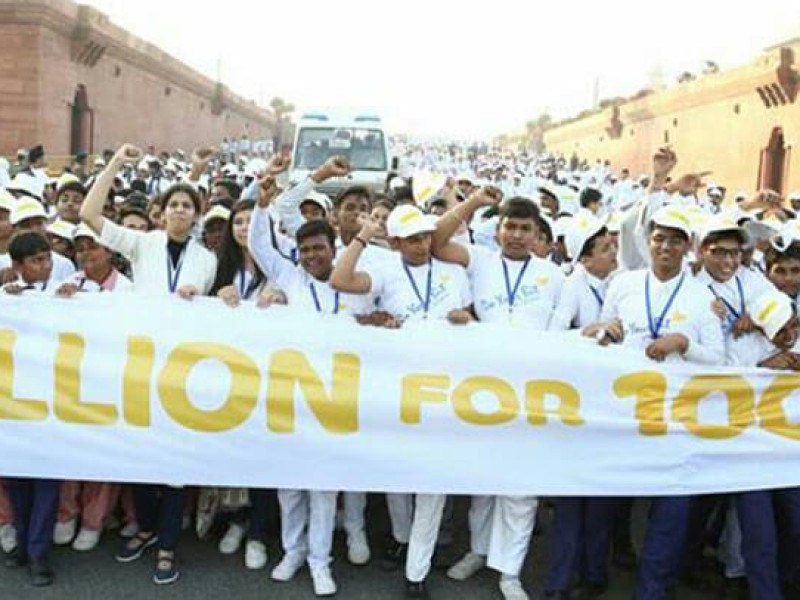Financing Education Through Domestic Resources

Ensuring a quality education for all children presents a huge financing challenge in low- and middle-income countries. Even with substantial increases in education budgets over the last ten years, especially in African countries, financing has not kept pace with demand for public education. As more and more children have entered schools, already constrained budgets have been stretched ever thinner, with governments skimping on critical areas, for instance, by recruiting low-qualified and underpaid teachers. This chronic underinvestment has led to appallingly poor quality levels of schools across the developing world, with an estimated 130 million children in low and middle income countries failing to acquire basic reading and numeracy skills in school.
Not only do governments need to find more money to improve education quality, but they still have to deal with the unfinished business of ensuring all children can complete primary school. There are still 57 million children not in primary school at all, and an estimated 120 million who drop out before grade 4 – they need targeted investments to bring them into classrooms. Meanwhile, pressure is also mounting from growing young populations in the developing world to further expand secondary schooling.
Funding these competing needs is a huge financing challenge. This has been made even more difficult in the wake of the financial crisis, especially in low-income countries, who are struggling to find enough resources to massively expand their own financing, while aid to basic education from rich countries is rapidly decreasing. This means that low- and middle-income countries will almost certainly need to find other major sources of, as yet, untapped revenue.
The Global Campaign for Education’s report, A Taxing Business: Financing Education For All Through Domestic Resources, identifies four major steps towards achieving increased domestic resources and the vast impact this could make on ensuring quality, public education for all.
Key Facts
- In Zambia, the government estimated that the country is losing a total of US$2 billion annually through corporate tax avoidance – more than twice the total annual education budget.
- Tax exemptions in Nicaragua, are worth two and a half times the primary education budget.
- Uganda lost US $272 million from tax incentives, this is equivalent to almost the total primary education budget in 2012
- In Kenya, the government has estimated that all tax incentives and exemptions stand at around US $1.1 billion annually: this could more than double the primary education budget. In a country where 1 million children are missing out on primary school, this could pay for them to be enrolled in school ten times over.
- In Ghana, a study estimated that between 2007 and 2009, mining deals led to a loss of around US $36 million a year.The US $36 million lost each year through mining deals could pay for 18,500 untrained primary school teachers to be trained, and could have ensured all teachers are trained within four years.
- Christian Aid estimates that Peru lost US $849 million through poor collection of mining royalties from 1994 to 2006.This amount could have paid for four years of schooling for every single one of the nearly half a million children of primary or lower secondary school age who are currently out of school in Peru.
- UNESCO has recently estimated that for 17 countries already rich in resources or with recently discovered deposits, revenue from natural resources could finance access to primary school for 86% of out-of-school children if their governments maximised the revenue generated and dedicated a significant share to education. This could reach the equivalent of US $5 billion a year – two and a half times the amount that these countries received in aid to education in 2010.
- Brazil has just passed a resolution, which means that 75% of drilling royalties the Brazilian government receives from oilfields in the so-called ‘pre-salt’ layer are to be invested in education. This could equal US$75 billion over the next ten years.


